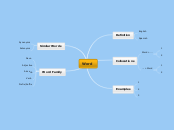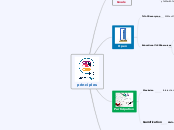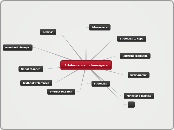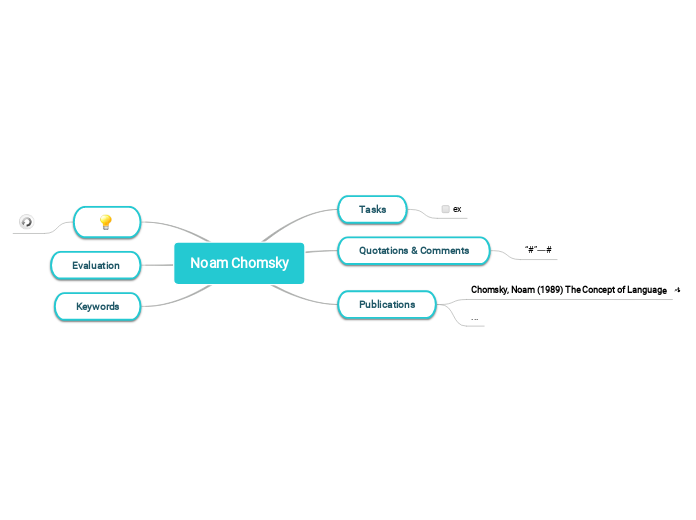von Maira Nagles Vor 6 Jahren
204
CURRICULUM
The interconnectedness of language and culture plays a vital role in the development of language learning processes. Evaluating these processes involves recognizing various types of learning strategies, including both direct strategies such as memory and cognitive strategies, and indirect strategies like metacognitive and social strategies.









